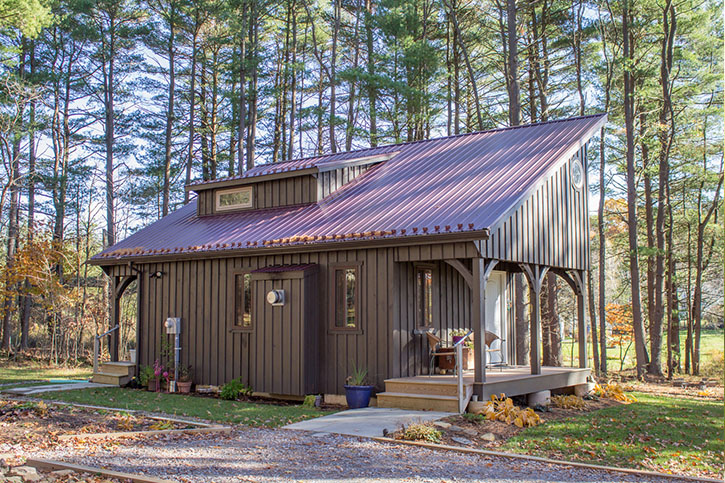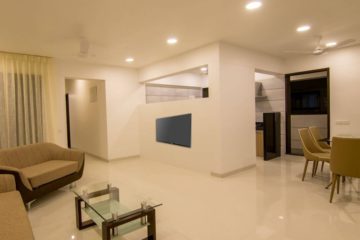Considering the Social Implications of Accessory Dwelling Units (ADUs)

The benefits of accessory dwelling units (ADUs) are numerous. From providing an additional source of income to being a space for family members or aging parents, ADUs have been hailed as a smart solution for affordable housing and sustainable living. However, the implications of ADUs go beyond economy and environment. In constructing additional dwellings on one’s own property, social questions arise, such as how will new neighbors affect the ecosystem of an established community? In this blog post, we will explore the social implications of ADUs, and answer some important questions.
ADU Zoning
The first and most important issue that arises concerning ADUs is zoning laws. These properties must always adhere to zoning laws and ordinances set by their respective municipalities. In some areas, ADUs are illegal, such as zoning laws that prohibit two dwellings on one property. This can lead to legal battles between neighbors and residents, causing friction instead of collaboration.
Taxes
One other social implication is the effect of ADUs on property values and taxes. Some communities might not want to risk the value or character of the neighborhood by adding extra structures that might lower property values. The root cause of this concern is usually that ADUs in some communities tend to be associated with renters, who are often deemed less invested in their neighborhoods and communities than owners. As a result, city officials might increase taxes to provide support for the added infrastructure that comes along with more people.
Occupancy Limits
Another issue of concern associated with ADUs is occupancy limits. Some cities have restrictions on the number of occupants who can occupy an ADU, which prevent large families or even roommates from taking advantage of them. This limit can further work to exclude tenants who might be in need of an affordable space and put a strain on neighborhoods already struggling to provide affordable housing.
Neighborhood Character
Additionally, neighbors might feel that ADUs can lead to a change in the neighborhood character when they are not properly regulated. This might cause noise, parking difficulties, and security issues for both tenants and existing neighbors. To uphold good social behaviors, homeowners can create policies regulating the use of ADUs, such as quiet hours, set parking spaces, and restrictions on subleasing.
Demographic Makeup
Lastly, ADUs have the potential to change the demographic makeup of a neighborhood. Some neighborhoods might not want an influx of different demographics that come with additional housing options. This can lead to tension between neighbors and officials who believe in the importance of inclusivity and a more equitable allocation of housing.












